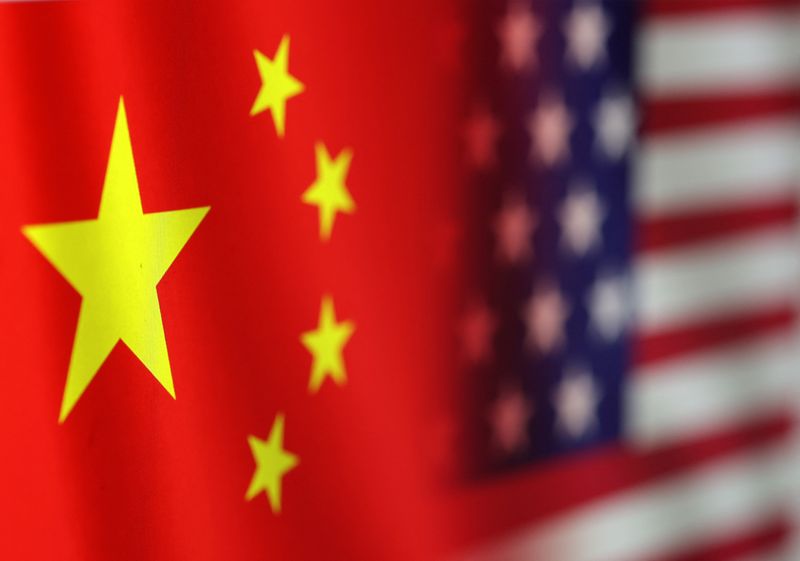By David Lawder
WASHINGTON (Reuters) – The U.S. may need to take further and “more creative” actions beyond tariffs to protect American industries and workers from China’s growing excess industrial capacity, the U.S. Treasury Department’s top economic diplomat said on Wednesday.
Jay Shambaugh, the Treasury Department’s undersecretary for international affairs, told a meeting of the Council on Foreign Relations that Chinese manufacturing has become “disconnected” from its own demand or demand in the global economy, creating exports that threaten jobs in the US and other countries.
He said the traditional trade defense toolkit, including the “Section 301” tariffs that President Joe Biden recently raised, may not be enough to address such challenges.
“A more creative approach may be needed to mitigate the impact of Chinese overcapacity,” Shambaugh said. “We must be clear: defending against overcapacity or dumping is not protectionist or anti-trade, it is an attempt to protect businesses and workers from disruptions in another economy.”
Shambaugh did not elaborate on further steps that may be needed or being considered by the Biden administration.
NEW TRADE REMEDIES
A bipartisan group of lawmakers and steelmakers earlier on Wednesday called on Congress to pass new legislation that would apply U.S. anti-dumping and anti-subsidy duties on Chinese goods to goods produced by Chinese companies in third countries.
The Leveling the Playing Field 2.0 bill, sponsored by Rep. Terri Sewell, a Democrat, and Rep. Bill Johnson, a Republican, would also allow China’s Belt and Road subsidies for projects in other countries to be counted in anti-subsidy cases.
The Biden administration on Wednesday also unveiled a new effort with Mexico to combat China’s circumvention of U.S. steel and aluminum tariffs, establishing a new North American “molten and cast” standard for steel brought into the U.S. from Mexico imported.
Shambaugh’s comments reinforced concerns raised by U.S. Treasury Secretary Janet Yellen during a trip to China in April, when she warned that Beijing’s overinvestment and excess manufacturing capacity in key industries were unacceptable. The trip foreshadowed Biden’s steep tariff hikes on a range of Chinese goods, including electric vehicles, solar panels, semiconductors and critical minerals.
He defined China’s excess capacity as “a production capacity that exceeds domestic demand and is disconnected from global demand,” resulting from persistent overinvestment made possible by extensive state support.
China’s production capacity in some industries far exceeds global demand forecasts, including for solar panels, lithium-ion batteries and electric vehicles, he said, adding that the capacity utilization rate of China’s factories fell, while the share of money-losing companies rose to 28.% of the listed Chinese car manufacturers.
“These circumstances would not arise in a normal market economy. What we are seeing is a fundamental disruption driven by government policy,” Shambaugh said.

It would be better if China worked with other countries to address their concerns and rein in overcapacity to increase efficiency and productivity, expand its social safety net, and make domestic demand more efficient.
“We will take defensive action if necessary, but we would prefer that China itself takes action to address the macroeconomic and structural forces generating the potential for a second ‘China shock’ for its major trading partners” , Shambaugh said.


